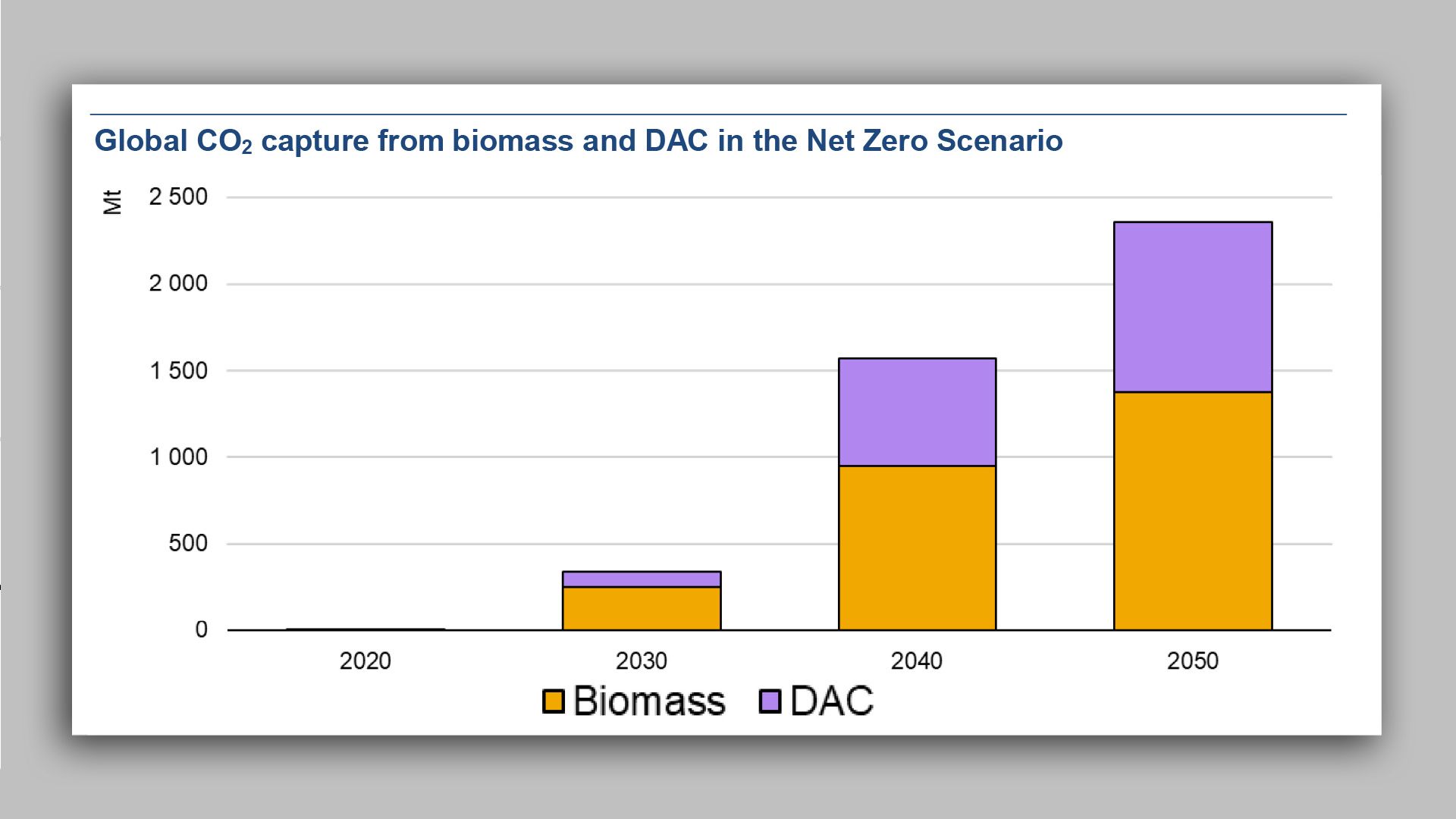| An agenda-driving United Nations climate report is about to drop that will lay out pathways toward a lower-carbon, more resilient and less perilous future, Andrew writes. The intrigue: It was supposed to surface hours ago, but negotiations between UN Intergovernmental Panel on Climate Change (IPCC) scientists and the panel's government representatives blew way past their deadline. And that's revealing. Countries were mired in battles over how to wordsmith key conclusions, including the need to quickly shift away from fossil fuels, and the necessary policy, financial assistance and technological levers to pull to accomplish this. - The heated discussion — the longest in three decades of these big IPCC reports — reflected the fact that we are at a climate change hinge point.
Why it matters: The IPCC's assessment reports set the terms of the climate debate with world leaders, CEOs and activists. A 2018 report galvanized a global youth protest movement. - There is no time left to delay action to have any chance of meeting the Paris Agreement's temperature targets. The agreement's more ambitious target of limiting warming to 1.5°C above preindustrial levels is already slipping out of reach.
Context: The report's expected call for radical changes is a huge departure from current policies and ways of doing business worldwide. - While scientists determine the content of the reports, the summaries are negotiated by consensus between scientists and policymakers. One country's objection to a single word can hold up the entire process.
- In this case, multiple countries were reported to have raised issues with different sections of the text.
- The combo of scientists and government representatives is unique to the IPCC and serves to encourage government buy-in.
- The summary for policymakers is what most people in power will read. This is another reason for the word-by-word approval process, conducted via Zoom due to pandemic-related restrictions. (Screenshots of co-authors' faces during the debate, via IISD and Columbia's Andrew Revkin, suggest what these sessions were like.)
What we're watching: Previously released IPCC reports in the past year, part of the same broader 2021-2022 assessment, starkly laid out how swiftly the globe is warming, with the effects evident from the deep sea to the tallest mountain peaks. - They also established the case for making changes that are transformational in how we live.
- Now the new, third chapter will spell out our options in unprecedented detail, calling for rapid and drastic emissions cuts well beyond what any country is close to accomplishing, along with the development of as yet unproven climate tech such as direct air capture.
- The report may warn that such technologies are as yet unproven at scale and may have significant downsides.
The bottom line: The emissions trends and policies being put into place right now are either the exact opposite of what this report will recommend (a push for more oil and gas drilling) or in some cases just don't go nearly far enough (voluntary emissions reduction pledges). | 







No comments:
Post a Comment